Scott AndersonIsaiah 25:6-9 † Psalm 24 † Revelation 21:1-6a † John 11:32-44 You can view a video of the service and sermon here. It took me about two minutes the other day to remember the name for these. I could see them in my mind’s eye, and I knew they were in the fridge right next to me, but I was determined to flex those memory muscles and work past this mind block. Every time the words came close to my consciousness, stupid broccoli kept getting in the way. Bru, bru, bru…broccoli.
No! Finally, I got it! I conquered! “Brussel sprouts!” I shouted to Barb who I suspect, by that point, was looking a bit anxious. It was almost as if I had to look out of the periphery of my brain to do it, but I prevailed!
0 Comments
Scott AndersonActs 17:22-31 † Psalm 66 † 1 Peter 3:13-22 † John 14:15-21
If you get the environment right, every single one of us has the capacity to do remarkable things. Not only that, if you get the environment right, good deeds breed good deeds. When the conditions are right, safety, self-sacrifice, mutual love all increase exponentially. Generosity evokes further generosity. We’ve certainly seen that of late with your remarkable generosity toward this community and the church’s work within it. It builds on itself. Advocacy breeds further advocacy. An advocate shapes an environment of mutual support. Advocacy gets the environment right. In John’s story Jesus speaks of the Spirit as an advocate. “If you love me, you will keep my commandments. And I will ask God to give you another Advocate to be with you forever.” Our Christian tradition understands this in a Trinitarian sense—that the Spirit of God in Christ is now with us forever as an advocate—a force of love absolutely and undeniably for us and for our corporate well-being. A force that abides in the very heart of God. Scott AndersonDeuteronomy 26:1-11 † Psalm 91:1-2, 9-16 † Romans 10:8b-13 † Luke 4:1-13
Possession is nine-tenths of the law. No doubt you’ve heard this adage that suggests that if you possess something, you have a stronger legal claim to owning it than someone who merely says they own it. The doctrine allowed Floyd Hatfield to retain possession of the pig that the McCoys claimed was their property, although we can imagine it didn’t make their lives better or help to de-escalate the historic dispute between the Hatfields and McCoys. The old saw has underlined feuds on too many school playgrounds to count. It has destroyed countless friendships. It has been front and center in disputes in U.S. history with tragic results for many of the early dwellers of these lands. It has contributed to the fire between Palestinians and Israelis, and all of their proxies, and in too many stories to tell on every continent throughout every age. The question of ownership and land is arguably at the root of every conflict, all human violence, and the climate change peril that our planet and its inhabitants are facing. So it may interest us to note that this is something of a theme in the telling of our scriptures today. Scott Anderson“I’m drawn to places,” writes Eric Weiner, “that beguile and inspire, sedate and stir, places where, for a few blissful moments I loosen my death grip on life, and can breathe again.”[i] He is speaking of what we’ve come to know as thin places.
Heaven and earth, the Celtic saying goes, are only three feet apart, but in thin places that distance is even shorter. The ancient Celts used the term to describe places like the wind-swept isle of Iona where Julie Kae will have an opportunity to spend some time this summer as a part of her sabbatical. Scott AndersonIsaiah 9:2-6 † Hebrews 1:1-3a, 5-12 † Luke 2:1-20 It is not a secret, this story. It’s no mystery either under these stars, in this realm, in this moment. The simple truth of this night is that steadfast love is what holds us. Steadfast love is what promises a future in even the most uncertain times. Steadfast love is what turns any crisis, any unstable and dangerous instant into possibility and promise and salvation. This is not to say that suffering and death suddenly cease. It is not to say that tyrants have not and do not control more than they should. If anything, it anticipates that instability, suffering, and danger ramp up. This too, is surely obvious to any who care to pay attention to what happens to those who receive the shorthand designation “the least of these” in any given time.
Jan DittmarGenesis 1:1-31; Psalm 8:1-9; 2 Corinthians 13:11-13; Matthew 28:16-20
Anyone living in the Pacific Northwest should read Timothy Egan’s The Good Rain. It is a thrilling yarn by a modern day wilderness adventurer who follows the route of a trailblazer from 1853. Woven through many historic threads, is Egan’s reverence for Creation in the Pacific Northwest. Let me read a small passage, chosen at random. Near Vasiliki Tower (a mountain in the North Cascades), wildflowers grow from rock slits high above timberline. A hummingbird buzzes overhead, and I see goat prints on a patch of midsummer snow. As it has for many citizens of the Information Age, computer time has cut my attention span and reduced my patience. To come up here, I must slow to glacier time. In a class at Seattle U, several of us from St. Andrew read a half dozen books, at least four of which also captured an enchantment with Nature in these parts. I was reminded of the creation story Pat read that begins Genesis. In the beginning, God created the heavens and the earth. And it was good. Farther down, at verse 26, God says, “Let us make humankind in our image, according to our likeness; and let them have dominion over the fish of the sea, and over the birds of the air, and over the cattle, and over all the wild animals of the earth, and over every creeping thing.... God blessed them, and God said to them, Be fruitful and multiply, and fill the earth and subdue it and have dominion…. Scott Anderson Exodus 20:1-17 † Psalm 19 † Corinthians 1:18-25 † John 2:13-22
Nikolas Cruz was not mentally ill. Let’s say it more accurately: any mental illness Nikolas Cruz had, under current law, would not have qualified as justification to taking him off the streets or taking away his guns. The 19-year old shooter who walked into Marjorie Stoneman Douglas High School and killed 17 people, who on Valentine’s Day denied these souls and their web of family and friends and loves their constitutional right to life, liberty, and the pursuit of happiness, who on Ash Wednesday added meaning to the affirmation that you are dust and to dust you shall return, does not appear to have had a mental illness that would or should have ever led to his commitment into an institution. This is not to say he wasn’t deeply troubled. He had a long history of violent and disturbing behavior that gave light to a sea of unsettledness, violence and despair. And in November of last year, all of this rage was multiplied exponentially when he lost his mother. Many had tried to intervene. “His mother made a major push to have him lead a normal life,” said Paul Gold, a neighbor of the Cruz family who remained in touch with Nikolas up until his mother’s funeral in November. “But toward the end of her life, she really had given up,” he noted [i] All of these red flags. All of these warning signs. Nicholas Cruz was not mentally ill. He was out of control, and he was in mourning after losing his mom November 1st. Gold said he believes a host of factors contributed to Cruz’s instability: his mental illness, the bullying, an obsession with violent video games, his mother dying, no safety net. “None of this is an excuse for the horrible, horrible thing that he did,” Gold said. “None of it — but if you wanted to create a kid who was a serial killer, this is how you would do it.”[ii] Scott Anderson Isaiah 64:1-9 † Psalm 80:1-7, 17-19 † 1 Corinthians 1:3-9 † Mark 13:24-37
There is no less light in the world. I understand this may be difficult for us to imagine on these days in our Pacific Northwest when light seems to be such a scarce commodity. The comments began soon after we said goodbye to Daylight Saving Time and gave ourselves that extra hour of sleep—a brief reward for the inundation of darkness that now affords us only 8 hours and change of this dripping, gray miasma we now call daylight. If you commute, you probably go to work and come home in this blanket of darkness. The same is true for school. It can be overwhelming. Especially so, perhaps, this year. But, unless you believe in a flat earth, and the heavens as some kind of a literal canopy above it, we know this is simply a matter of perspective. There is no less light in the world. We are simply spending more time in the shadows these days as our earth has begun that part of its travels around the sun that radiates more energy and light on the southern hemisphere than the northern. It’s a matter of perspective. The sun shines just as bright. The light is there, along with the dark. It always is. It’s just that we don’t get the same angle on it that we do in those July days when the light lasts for 16 hours and the darkness is almost non-existent to those of us who go to bed by ten or wake up after five. It’s a matter of perspective, and timing, this relationship we have to darkness of all sorts. There is this tension in us, we creatures who live on this fragile earth. Call it circadian if you wish. We are circadian Cascadians, you and I. We are defined and limited and bounded in time and space. We oscillate between wanting to tear down and wanting to construct. Sometimes the first is necessary in order to do the second. Sometimes that destructive voice is just the first voice—the voice of pain and isolation and vulnerability that wants to tear open the heavens and let the light shine through the darkness, that wants the earth to shake so someone else might feel what you feel, that wants others to taste the tears that have been your bread for so many nights under these stars. Parker Palmer captures this insight, I think, when he suggests that violence “is what we get when we do not know what else to do with our suffering.” So Mark imagines what Isaiah craves: The stars begin to fall when God tears through the fabric of the heavens to come down to earth to fix everything. Wouldn’t that be some good news! All the abusive and opportunistic powers of the world, all the lesser lights give way to the one true light, the one true power, the one true Love that can fix all that is broken. |
St. Andrew SermonsCategories
All
|
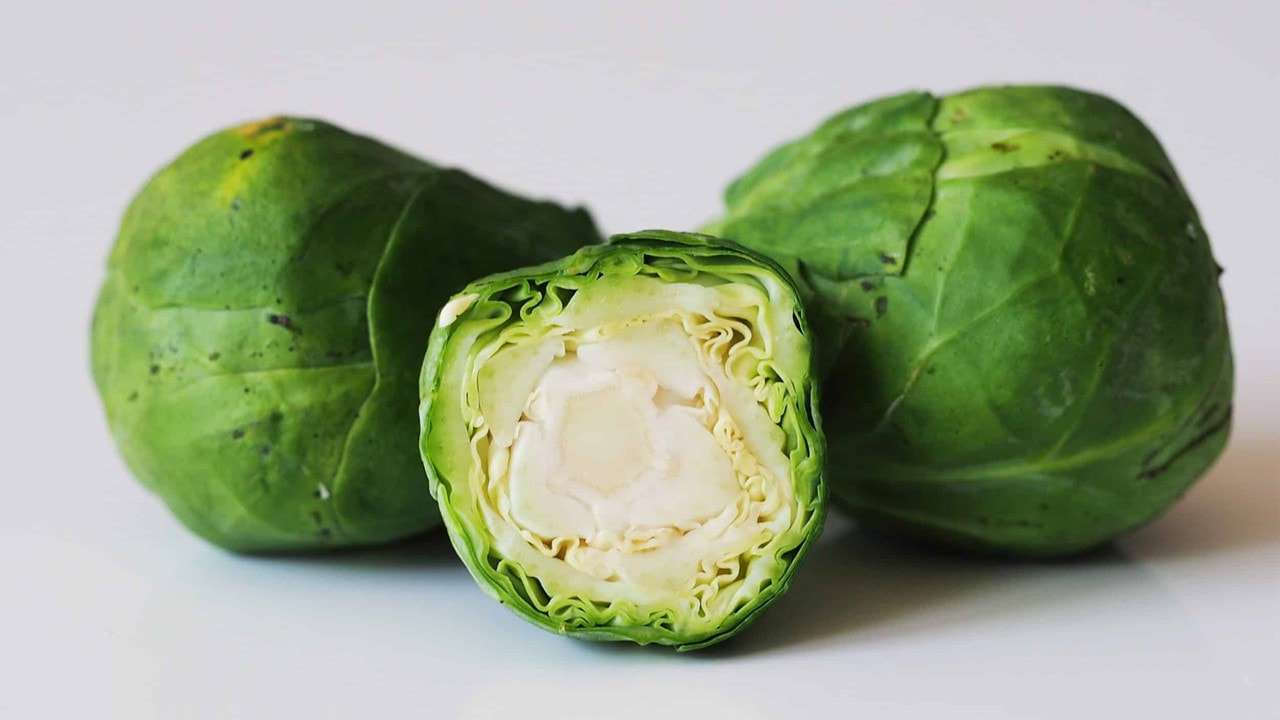
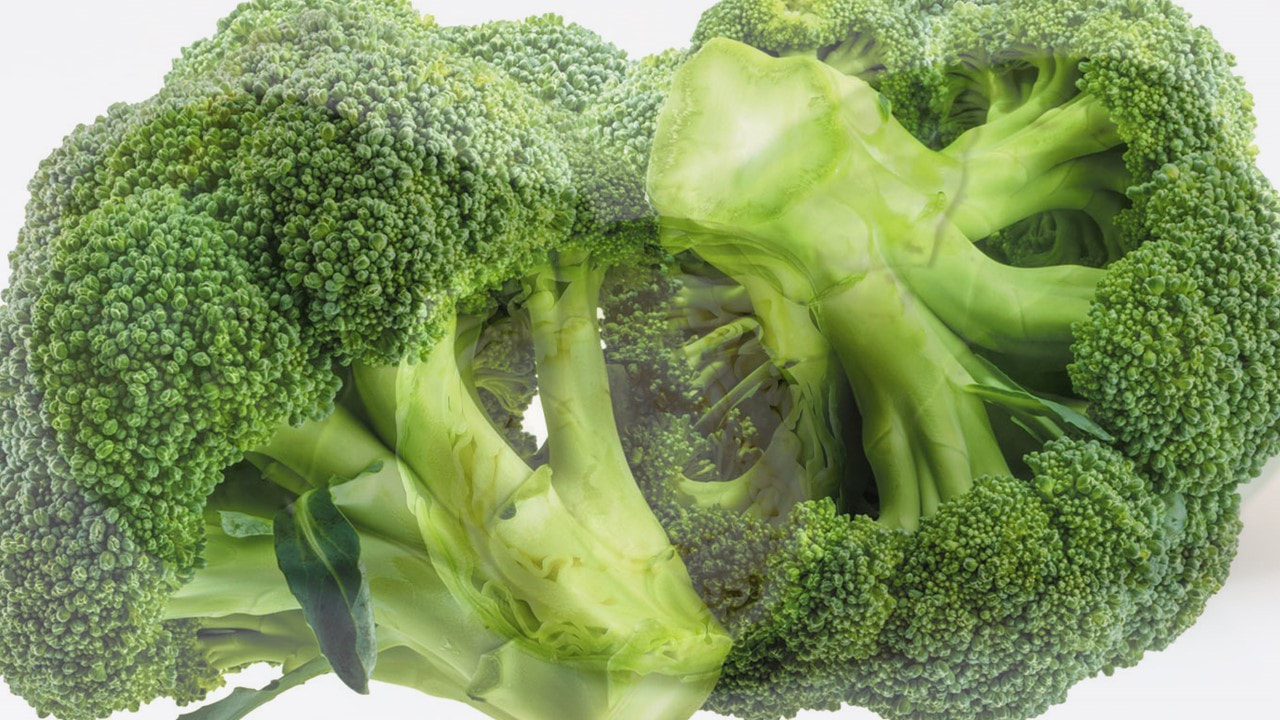
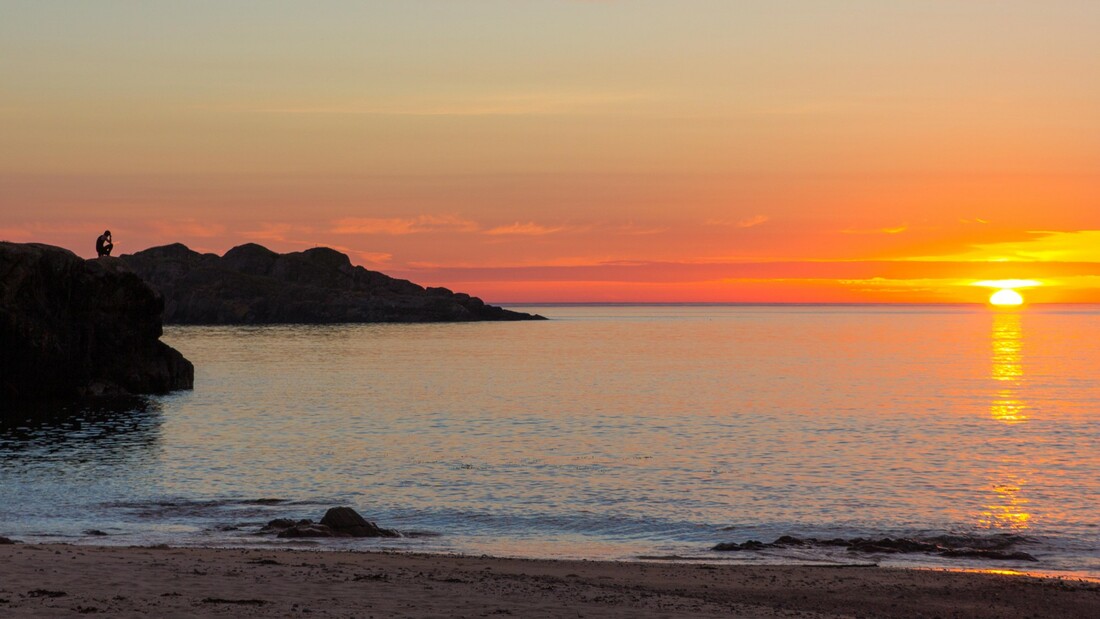
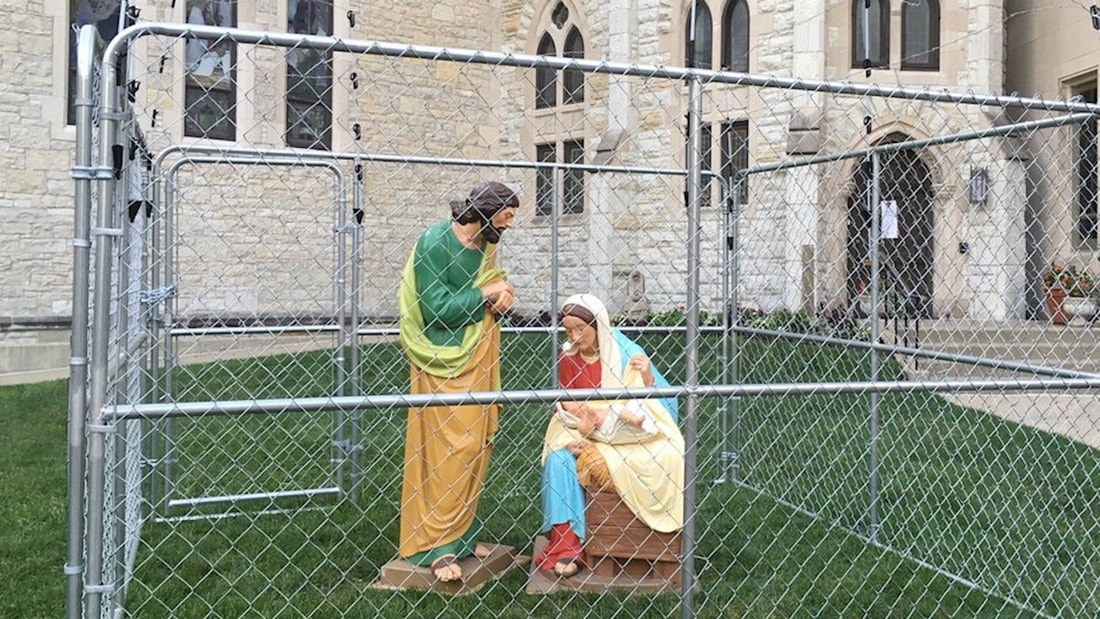
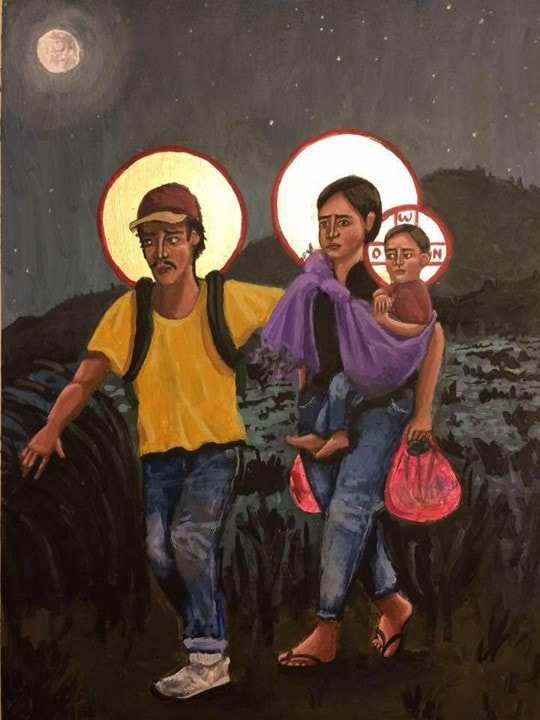
 RSS Feed
RSS Feed